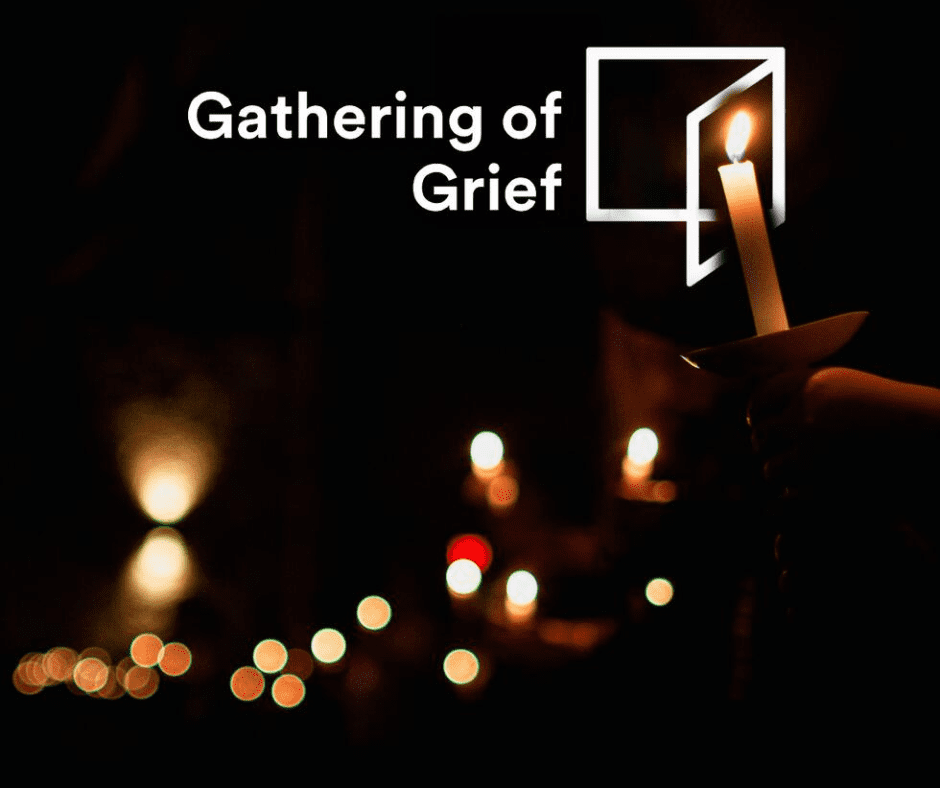
Like many other writers during the Covid pandemic shutdown I decided to use the time I was being given to write a new book. For a grief advocate the situation was offering continuous, unprecedented, multiple examples of losses in need of processing. And, at the bottom line, that’s what grieving is. A year or so into the writing process, I shared the proposal for the book, “The Art of Grieving” with a publishing industry expert. She assured me that publishers were no longer accepting any book that dealt with the pandemic. She said that by the time books currently in production would become available, people would have no interest in that topic.
Here we are now, 4 years after the novel Covid19 virus unleashed a historic disaster on the entire world. And, according to two psychiatrists George Makari and Richard A. Friedman, in a recent article in the Atlantic, “America is in a funk, and no one seems to know why. Unemployment rates are low, and the stock market is high, but poll after poll shows that voters are disgruntled.” The physicians suggest that this funk is not due to the economy, but an important overlooked factor – “the country has not come together to sufficiently acknowledge the tragedy it endured.”
Makari and Friedman point out that recovering from trauma does not happen by ignoring past painful events, and they offer evidence that COVID meets the clinical definition of trauma. It was, and for some, still is, an overwhelming experience threatening serious physical and psychological harm. As research with combat veterans has shown, this setting aside of traumatic experiences without acknowledging and processing them, leads to free-floating anxiety and anger–and to the malaise of our current cultural attitudes. It seems the prevailing attitude is “Life sucks!” And whoever is in charge will get the blame.
I knew as a grief advocate 4 years ago what the publishing industry didn’t seem to–that grieving is an art we need to get good at–the vitality of our life depends on it. Many of us met online, a situation I never imagined would suffice, and in these online communities, even naming our losses, and witnessing others name theirs, offered respite and perspective. In our “isn’t there a pill for that?” culture, it takes some courage to process loss by revisiting the scenes and remembering what transpired during important and challenging times of our individual and communal lives. When we go back in rituals of remembering we discover not only loss but gift and gain.
I’d like more people to know about the Reimagine Virtual Candlelight Vigils that have been happening monthly since COVID first appeared. People from around the globe have been honoring loved ones, holding space for grief, and using the arts to reflect on the possibilities of transformation. Checkout this amazing resource. https://letsreimagine.org/76768/reimagine-candlelight-vigil-with-david-henry-hwang
Now that my book is about ready to come out, I’m eager to share what I’ve been learning about how the arts of music and storytelling, dance and writing, and visual art making can help us process and discover our best lives. For advanced notices go to http://lp.constantcontactpages.com/cu/aM1xtoL/artofgrieving
Revisiting together from the perspective that time provides, and with the wisdom we have now gained encourages post traumatic growth.
- In revisiting the scene from the perspective of several years, keep in mind the gifts. No losses without gains – list
- Reimagine Virtual Candlelight Vigil Let’s honor our loved ones, hold space for grief, and reflect on the possibilities of transformation
- The gifts
Over a million lives were loss in the US, with family members denied the opportunity to say goodbye, while xxx others still bear the health challenges of long COVID.

